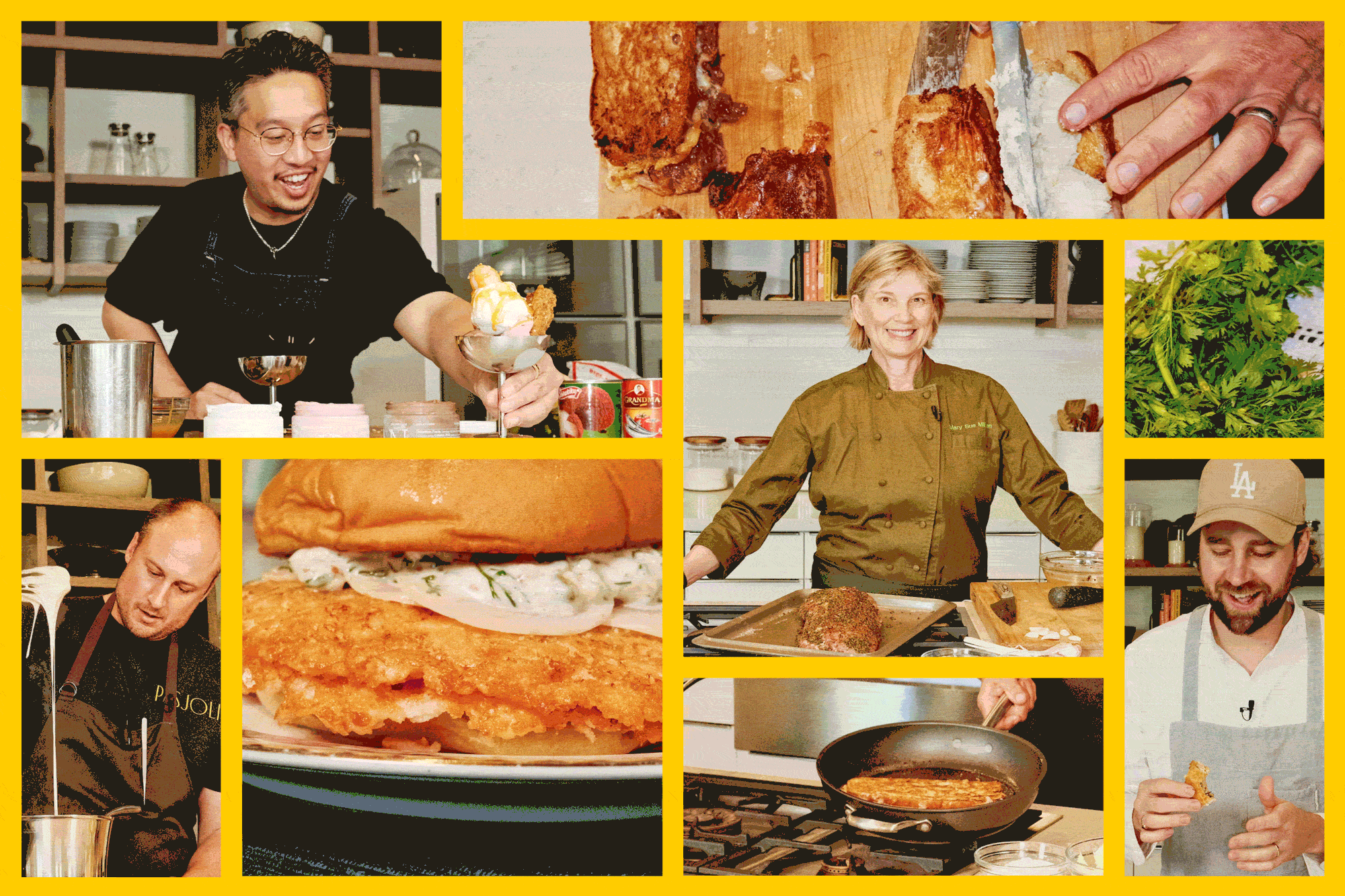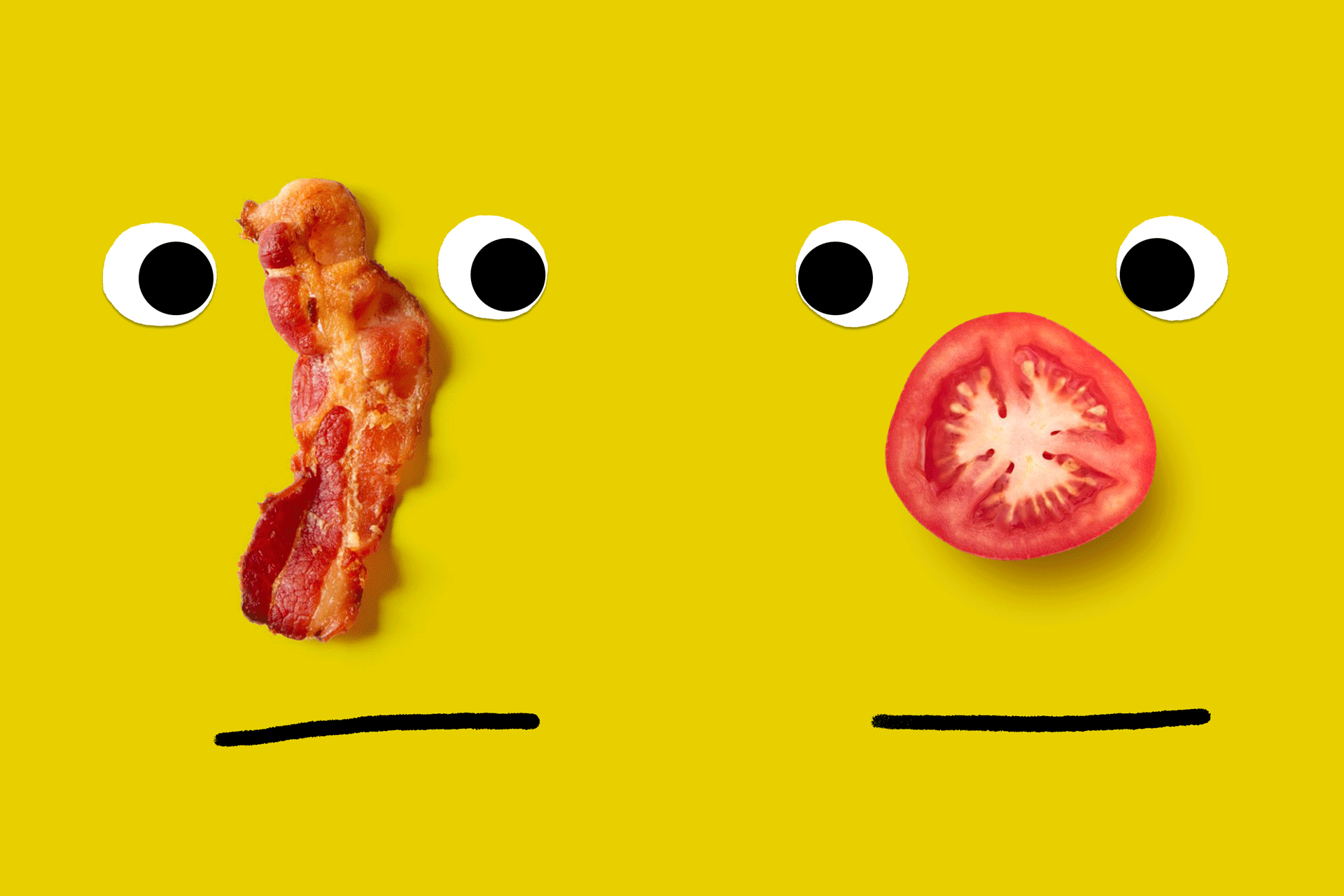Faulty Sniffers Turn Up in the Best of Kitchens
SAN FRANCISCO — Millions of Americans, including some of the best chefs in the nation, have a problem right under their very noses, a specialist has reported to a scientific forum.
They suffer from impaired sense of smell and taste, said Dr. Alan R. Hirsch, director of Chicago’s Smell & Taste Treatment and Research Foundation.
“Approximately 4 million people in the United States suffer from smell and taste disorders,” said Hirsch, who presented a paper on the smell sense of top chefs before the recent meeting of the American Rhinologic Society.
Hirsch concluded from his study of the cooks that in a gourmet restaurant, 20% of the diners “can smell and taste significantly better than the cook and may detect flavors the chef has no idea exists.”
It follows, he declared, that “no matter how hard the chef tries, 10% to 20% of the patrons will be unhappy with his food,” with the obvious implication that acute sense of smell, hence of taste, “is not a prerequisite” to an appointment as a top chef.
30% Can’t Smell
In fact, some tests indicated that “30% (of the chefs) actually met the criteria of clinical hyposmia” or serious failure of the sense of smell, he said, adding than none of them realized his problem.
Hirsch observed that women “have a better sense of smell than men” and that therefore their criticism of meals “may be more valid” than that of men.
For the general population, he said, it is far from funny to live minus the pleasure of the fragrance of a rose or new-mown grass or a steaming plate of spaghetti or the aroma of a roast cooking.
A faulty smeller can signal a mere inconvenience or provide a tip-off to such oncoming serious medical conditions as depression, hyperthyroidism, Parkinson’s disease or Alzheimer’s disease, he said.
Hirsch’s subjects in his experiment were 10 male chefs, average age 32.5 years, from unidentified Chicago restaurants accepted as being of high culinary repute.
It was a tough test. The cooks had to promise to abstain beforehand, for varying periods, from alcohol, pastries, chewing gum, toothpaste, shaving cream, deodorants, shampoo and perfumed soaps.
Hirsch, noting that chefs generally “tend to be young,” said it is a fact that in the rest of the population, the older one gets, the more impaired becomes their sense of smell, “which is 90% of taste.”
His conclusion was that “older chefs may be at a disadvantage” in a restaurant kitchen and that, in general, “an older chef should cook for the elderly and a younger chef for young people.”
But Hirsch had no answers to why so many top chefs show deficiencies in their sense of smell.
“Maybe taste rather than smell is a primary importance as a gourmet chef, and it is possible that the poor smellers were good tasters,” he suggested.
Hirsch said the big argument against this includes the fact that “almost all of flavor in most foods is perceived through” the sense of smell “and interpreted in the brain as taste.”
The specialist reported a difference in the brain function of chefs as compared to that of the general population, which he referred to as “novice smellers.”
The general population perceives the sense of smell in the right side of the brain, which is associated with the appreciation of music and art. The professional chef, however, identifies smell and taste in the brain’s left side, which is associated with language, mathematics and logic, he said.
Similarly, he said, it is also in the left hemisphere of the brain where professional musicians process their own skills of reading, interpretation and appreciation.
Hirsch’s suggestion was that the chef as artist was not very far off the mark.
More to Read
Eat your way across L.A.
Get our weekly Tasting Notes newsletter for reviews, news and more.
You may occasionally receive promotional content from the Los Angeles Times.








